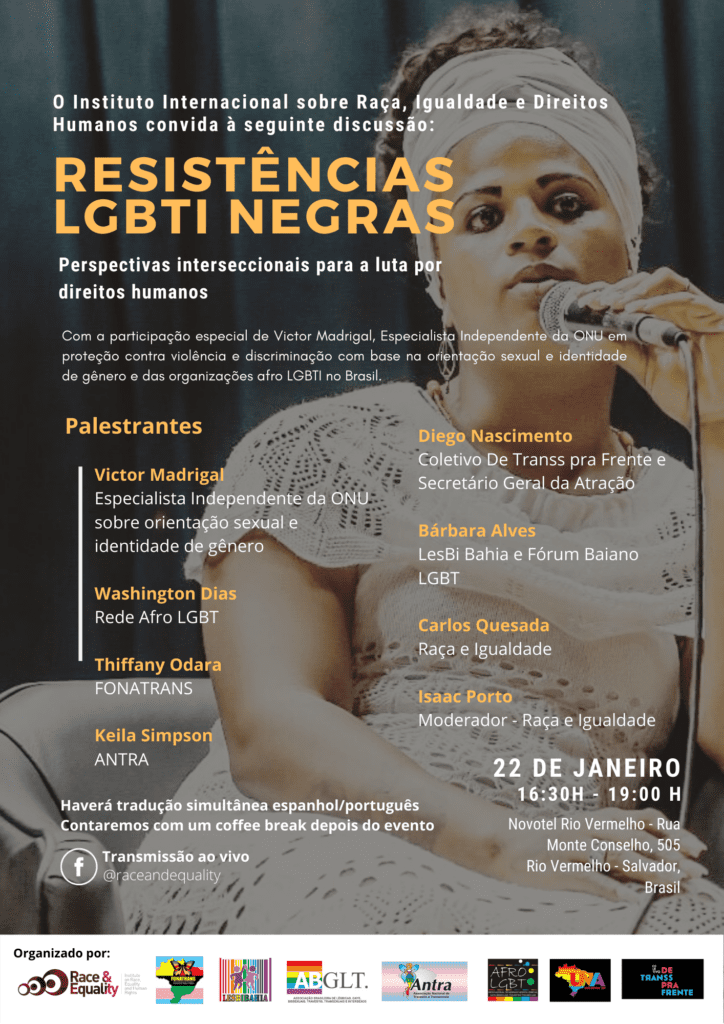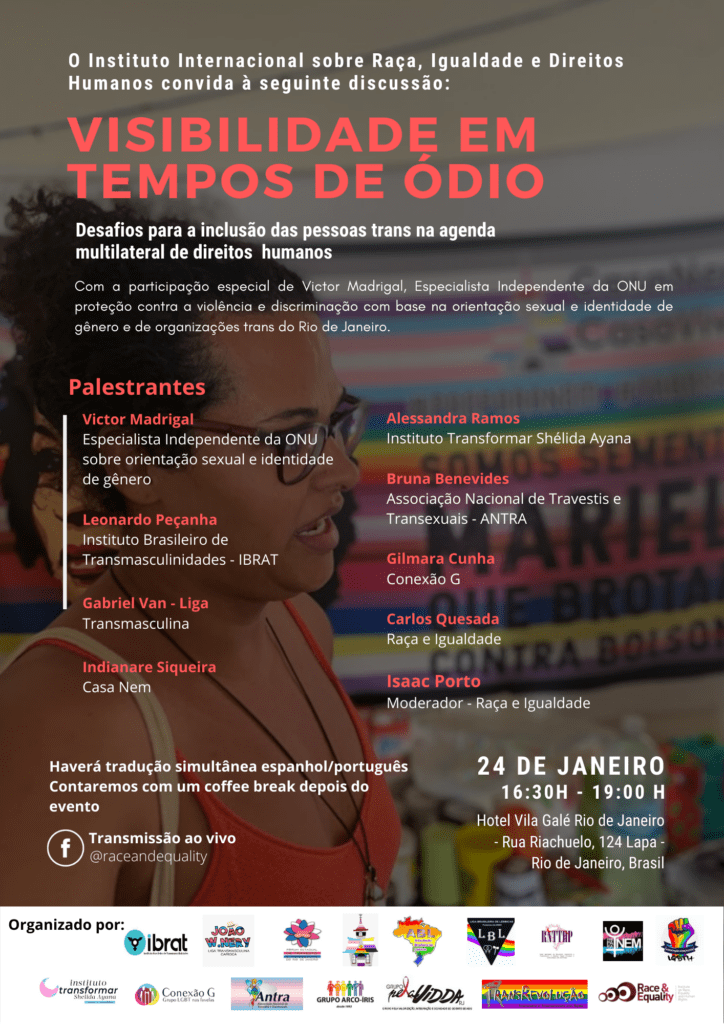Aymara Nieto’s Story: A Female Political Prisoner of the Cuban State
Across Cuba, children love to dance and act in their school plays. But for Aymara Nieto’s two daughters, ages 7 and 12, something is always missing when their school puts on a pageant. Their mother has not been able to watch them perform since 2018, when she was arrested for exercising her right to protest.
“The girls want to have their mother there for their school activities, and that has been taken from them. They have had to be so strong to live with what is happening,” according to Aymara’s mother Griselda Muñoz.
For a while, Aymara’s daughters could visit her once a month in El Guatao prison, where they could hug her, exchange letters and tell her about the milestones that she could not be present for. But in March of this year, Aymara was transferred to the El Manati women’s prison in Las Tunas, over 400 miles from her children in Havana. No explanation was given for this transfer, which will make it almost impossible for Ayamara’s mother and children to visit her.

Arrest and Trial
Aymara, 43, is a member of the Damas de Blanco (Ladies in White), a group made up mostly of wives and relatives of Cuba’s political prisoners. The Damas protest once a week to demand freedom for prisoners of conscience. Aymara, who had previously taken part in other activist efforts, joined the Damas after her husband Ismael Bori Reñi was arrested for his involvement with the Patriotic Union of Cuba (UNPACU) in April 2018.
On May 6, 2018, Aymara intended to take part in a campaign called “We All March,” aimed at pressuring the government to release political prisoners. But the march would not go according to the organizers’ plans.
“Right when she left the house, they detained her. Some female police officers immediately grabbed her and started pulling her hair and hitting her without saying a word. They took her to the prison in Santiago de Las Vegas and held her for several days, probably so that her bruises would subside,” says Griselda.
After holding her for fifteen days, the authorities allowed Aymara to see her family. “They’re up to their tricks; they did this to shut me up,” she told Griselda. Sure enough, in March 2019, Aymara was sentenced to four years in prison for the supposed offenses of “assault” and “causing damages.” At her trial, the prosecutor claimed that Aymara “led an act against the revolutionary process” and that while she was being arrested, she “tore a police officer’s clothing and struck her, causing scratches to her neck.”
State authorities did not permit Aymara to have her own lawyer during the trial, failed to adhere to various deadlines and procedures, held the trial behind closed doors and ignored clear signs of bias on the part of the judge.
Life in Prison
Life in Cuban prisons is complex and delicate, especially for a political prisoner. Aymara’s rights to health, food and dignified treatment are not respected. Shortages of medicine are frequent, meals are scant and unhealthy, her family visits are monitored and mistreatment at the hands of guards is frequent. Any attempt to report these violations is punished, including through the use of solitary confinement.
“My daughter’s rights are being violated while time flies by. It hurts me as well; she is my only daughter,” says Griselda.
Aymara’s husband Ismael also remains behind bars; he is expected to be released in late March. The two were previously arrested for distributing informative materials in 2016 and sentenced to a year in prison on charges of public disorder. They were freed in July 2018, but Ismael was re-arrested repeatedly for the rest of the year and eventually sentenced to two more years for “contempt.” The couple have had their requests for conjugal visits, the only avenue for them to see each other, denied for the past four months.
Today
Griselda, aged 63, has moved into Aymara’s house in order to keep it up and care for her two granddaughters. She is the only source of economic support for herself, her granddaughters, Aymara and Ismael. Aymara’s oldest daughter, who is 24 years old, lives elsewhere.
“It’s a very heavy load. At my age, I’m not as spry, but I keep working so they don’t go hungry,” explains Griselda, who has worked as a cook and a receptionist since Aymara’s sentencing. She and her granddaughters attend church each Sunday, which she says is her source of strength to keep going and to fight for her daughter’s release. “Aymara has always been a fighter, that’s why they’re after her so badly. That’s why they locked her up and why they do what they do to her – they know she is true to her principles, the principles of the Damas de Blanco.”





